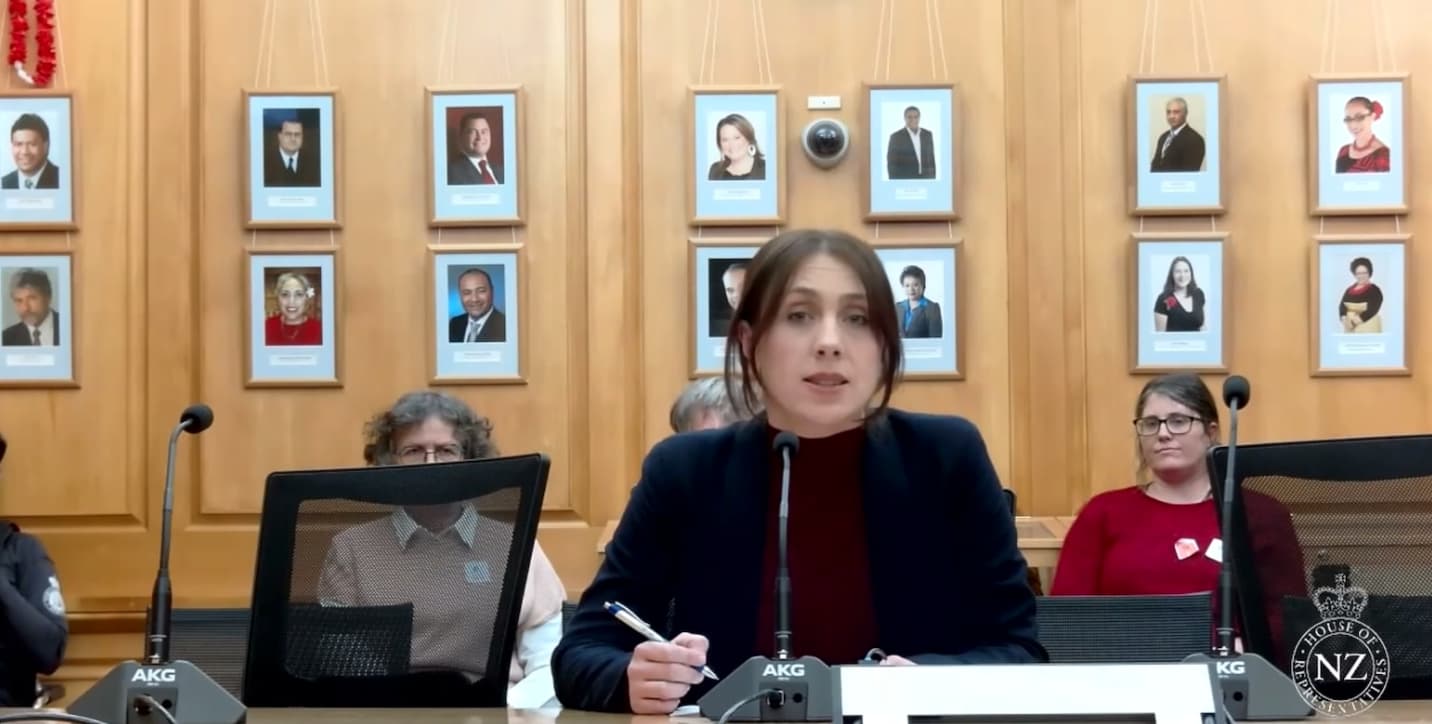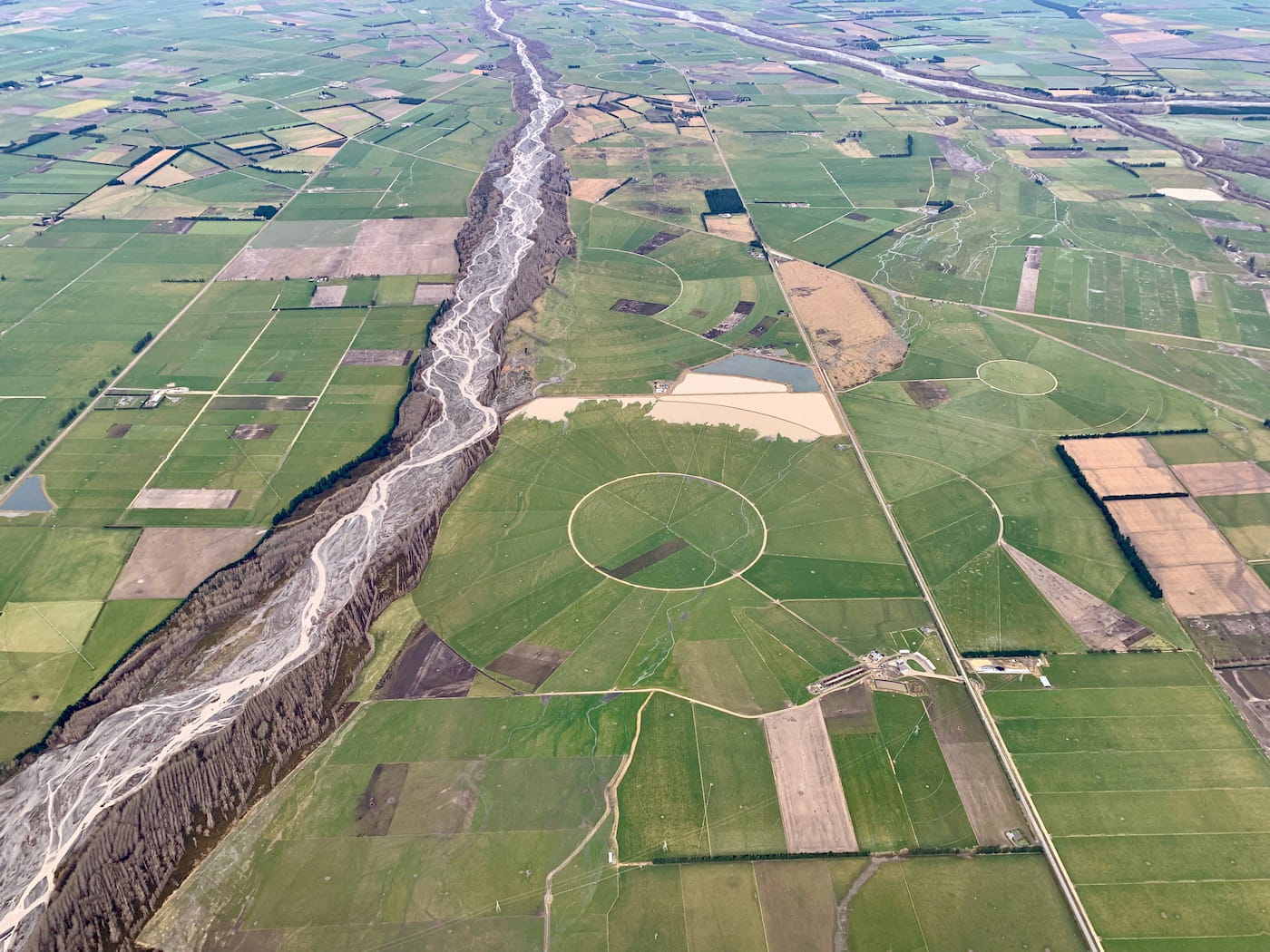How can we transform our food waste into nourishing compost to feed our soils and nurture our regenerative farming future?
With lockdown keeping hospitality businesses closed, New Zealanders are cooking and eating at home much more than usual. While in many ways that’s a good thing, unfortunately it also means a lot more food waste – purchasing more than we need, not eating what we have, more food scraps like peels, skins, bones and more that have to go somewhere.
But food waste shouldn’t really be considered ‘waste’. It’s a resource that can be made into fertile compost to help restore soil health, draw down carbon, replace synthetic fertilisers, reduce climate pollution from agriculture, and improve our communities’ food resilience and access to healthy kai – things that are so important in these uncertain times.
Unfortunately, this isn’t the norm. Truckloads of edible food too often bypass our mouths, plates and even shop shelves, ending up in the rubbish. It’s a waste which contributes as much as 8% of total global greenhouse gas emissions.
Between 30-50% of the average rubbish bin in Aotearoa is food waste alone. In landfill it produces methane and leaches toxic substances when decomposing.
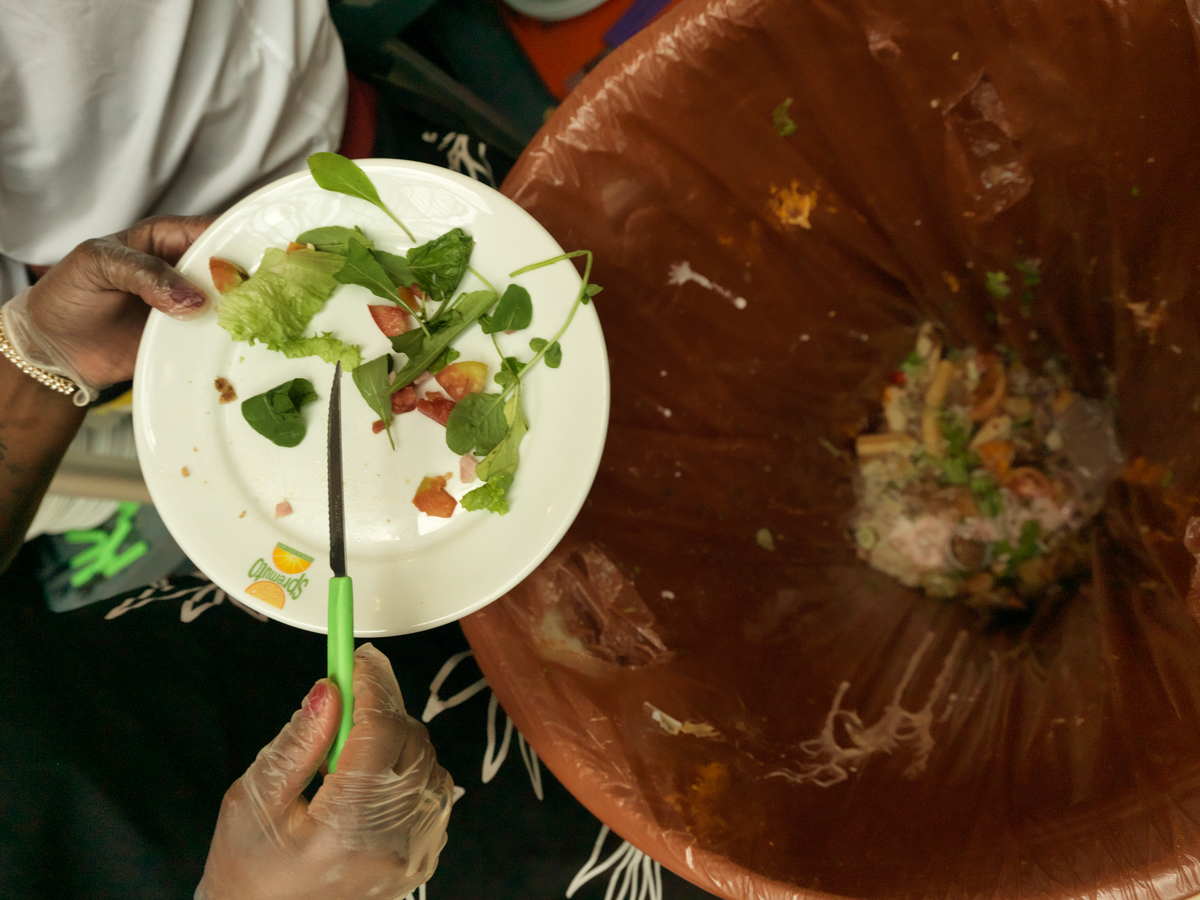
That’s not the only problem. Intensive industrial agriculture pollutes water, kills plants, animals and critters, erodes soil and causes climate pollution, putting ecosystem and human health at risk. We have an environmentally destructive food system from start to end.
However, there’s a pathway out of this. A growing number of farmers and composters adopting regenerative practices are showing the way forward. It will require serious commitment and investment from government and industry to transform our food system – and getting food waste out of landfill will be key.
But right now, the policy priority is overly focused on diverting food waste from landfill, without a plan for what we do with that waste once it’s been diverted.
This leads to investment in the largest possible scale solution that squeezes out small and medium scale processors, robbing them of the opportunity to support the vital shift to regenerative agriculture and restore the health of our soils.
Restoring ecological health and growing food resilience in these uncertain times means we must recognise that food waste isn’t a problem to get rid of, but a vital resource to kickstart the shift to regenerative farming.
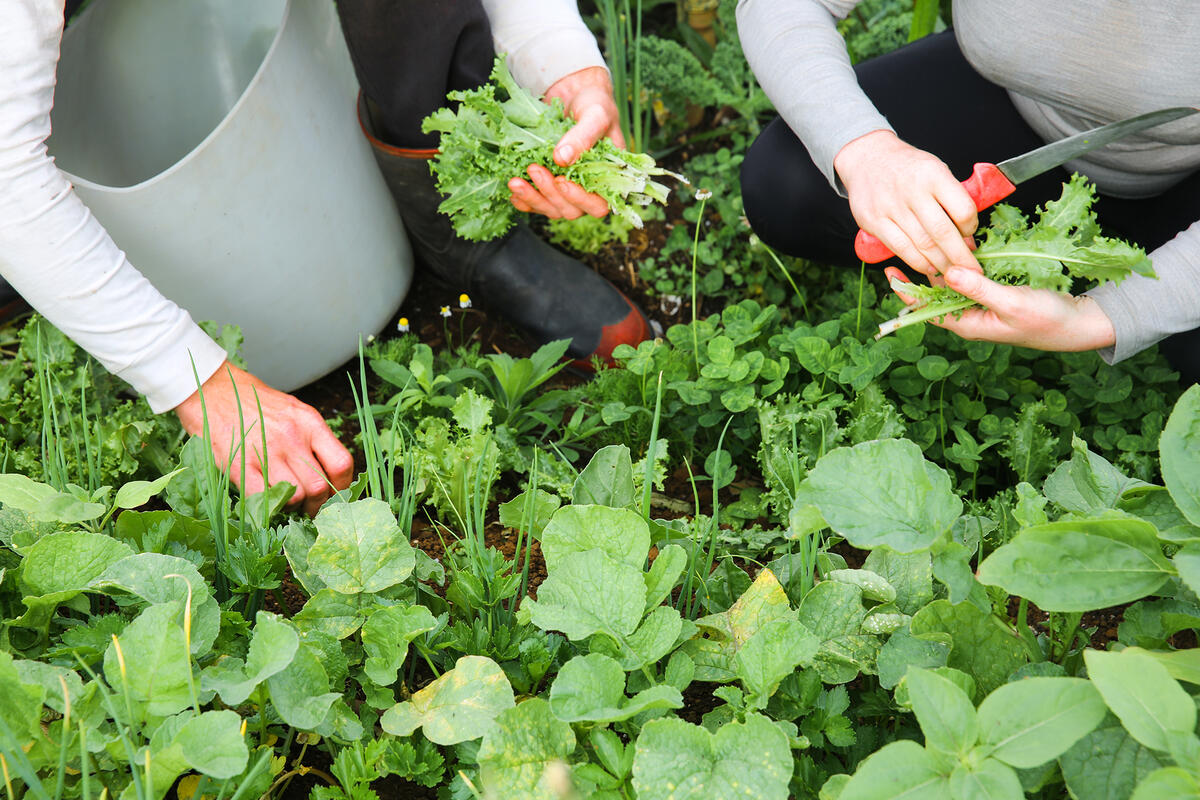
What can we do with our food waste?
Compared to other countries, Aotearoa is far behind on food waste management. While some cities do collect household food and other organic waste in ‘green bins’, and some more are in the pipeline, we’re only scratching the surface.
Several European countries have collected household organic waste since the 80s and 90s, and some (like Italy, Slovenia and others) are achieving high and widespread collection rates. South Korea now makes so much compost that even with a massive increase in urban farming, there’s more than they can currently use!
Strong government policy has helped achieve this. These countries have set ambitious waste reduction targets. They’ve banned mixing food waste with other types of waste – whether that’s in kerbside rubbish bins or even banning putting organic waste into landfill. Many countries have high landfill levies that make it expensive to dump organics.
In Aotearoa, organic waste will be a high priority in the coming months and years. Ambitious actions to reduce waste and climate pollution will be incentivised by climate change policies.
However, we need to carefully consider the best way to manage organics. The default will see another bin added to existing waste collections and organics sent to large, centralised commercial facilities – but that’s often not the best solution.
While centralised systems can capture large quantities, they can also emit lots of carbon through crude processes and the use of trucks and heavy machinery, and often end up with contaminated and poor-quality compost.
OK, what about anaerobic digestion?
An increasingly popular approach to dealing with organic waste is a process called anaerobic digestion. Anaerobic digestion breaks down organics in heavily controlled facilities to produce ‘biogas’, which is used for energy and biofuel, and ‘digestate’, which can function as an organic fertiliser.
While it’s marginally better than using fossil fuel gas, the idea that biogas is a source of ‘renewable’ energy is sketchy. Biogas still emits carbon into the atmosphere rather than locking it into the soil. And if the organic waste used in the process is obtained from industrial farming processes (such as manure and effluent from intensive dairying or food waste that was grown unsustainably), which degrade our soils, pollute our waterways and risk our food security, is the biogas really ‘renewable’?
Then there’s digestate. Once again, digestate is somewhat better than synthetic fertiliser made from fossil carbon that has travelled thousands of miles. But is another nitrogen-rich fertiliser really what our farms need when we are already swimming in nitrate pollution?
New Zealand’s high levels of nitrate contamination in water have been making headlines lately due to emerging research linking nitrate to health conditions, like bowel cancer and premature births.
We should learn from Italy, where digestate is considered ‘waste’ until it is itself composted, meaning composting will be needed whichever way you look at it.
The local solution to food waste
One promising alternative is a decentralised network of small and medium-scale composting sites, where organic waste is composted as locally as possible. The potential for positive social and environmental outcomes is huge: from developing local green jobs, providing opportunities to grow urban farms and local food resilience, to creating high-quality compost that restores soil health and locks away carbon.
Read our full report to find out more about this.
Already, small- and medium-scale community composters across Aotearoa are working hard to prove alternatives are viable. Some leaders in this space are Kaicycle in Wellington, Community Compost in Nelson, Xtreme Zero Waste in Raglan and Why Waste’s nationwide network of serviced worm farms. While their models are all different, this shows how a community-oriented approach can cater to local needs. Intriguing innovation is also happening at this scale – take Kaicycle’s BAM composting project, which emits very few greenhouse gases and keeps more carbon in the compost than standard aerobic composting.
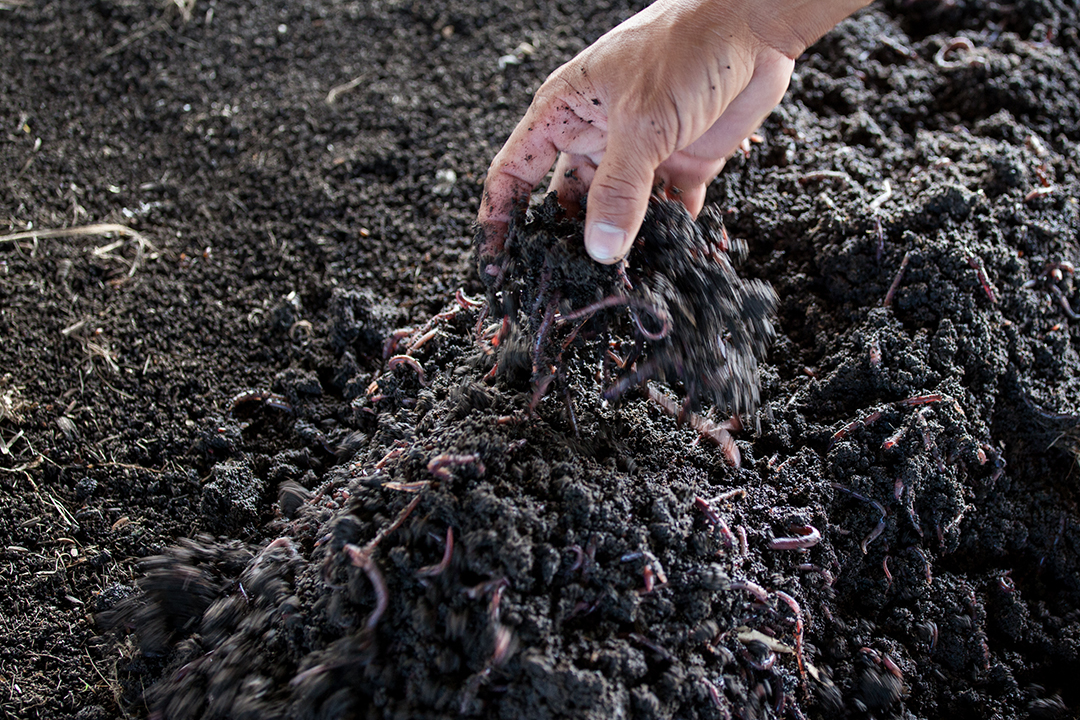
What’s the best system?
Ultimately, we produce so much food and organic waste that there’s space for all systems. Large-scale composters could theoretically adopt innovative and community-oriented methods of smaller composters. Anaerobic digestion might even turn out to be the best system for some types of food and organic waste that are tricky to compost.
But we can’t get stuck on singular outcomes like diverting waste from landfill. Otherwise, we’ll end up trucking tens of thousands of tonnes of organics over hundreds of kilometres in diesel-powered trucks to giant processing facilities that potentially emit more carbon than they save, and which produce fertilisers that are the last thing our nitrate-overloaded soils need.
Instead, we could train and empower local professionals to create high-quality, carbon-dense and microbe-rich ‘living’ compost, keeping the nutrient cycles flowing locally, developing local green economies and jobs, growing urban farms and building community food resilience, helping to make sure everyone has access to fresh, healthy kai.
Farmers could then use this high-quality living compost to shift away from harmful chemical fertilisers, restore soil health and sequester carbon, diversify from climate-polluting animal agriculture to horticulture, grow pest and disease resilient crops to minimise the need for sprays, and provide our country with nutrient-dense food with very low food miles.
Regenerative food systems not only help combat the climate crisis, but also help build a resilient, secure, equitable and healthy society. Let’s not waste this opportunity.
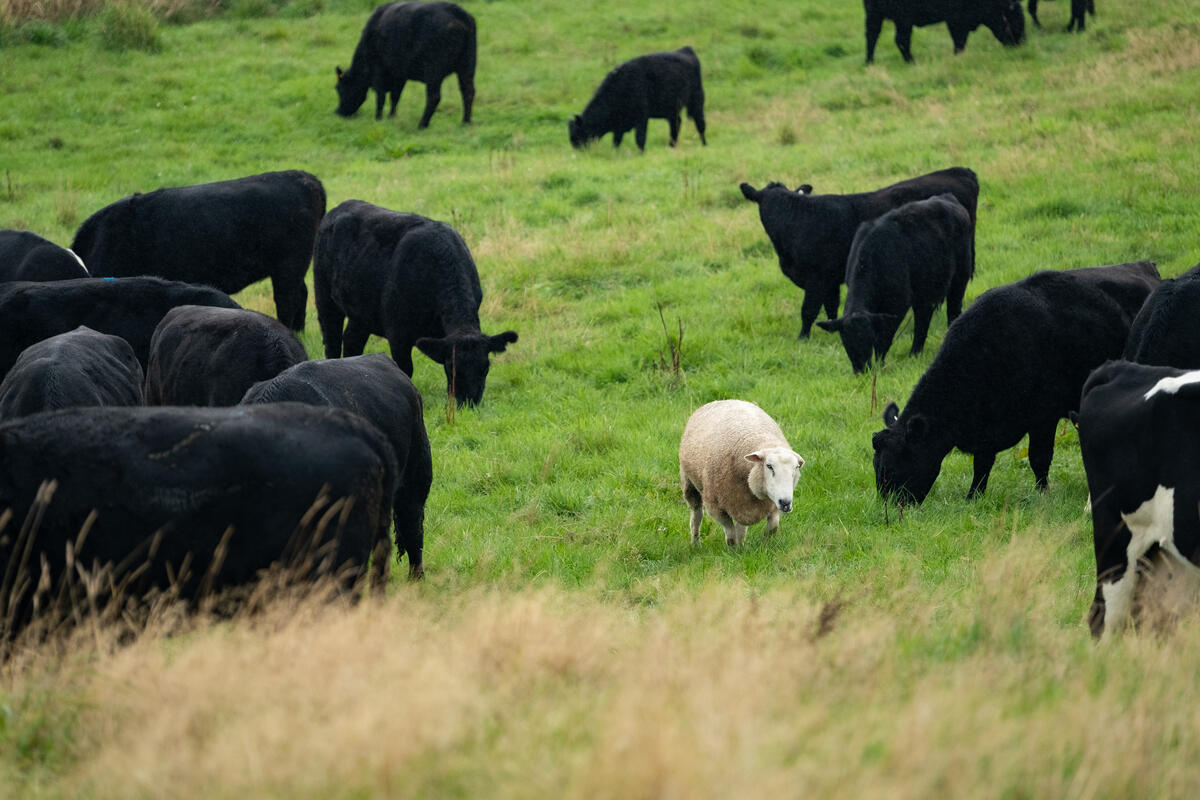
By Liam Prince, The Rubbish Trip
Liam is a zero waste advocate and educator. He is one-half of epic zero waste organisation, The Rubbish Trip, who deliver resentations, workshops and resources to help individuals and businesses to reduce their rubbish, alongside grassroots zero waste advocacy. Liam is the author of the report Expanding Organic Waste Collection and Composting, commissioned by Greenpeace Aotearoa.
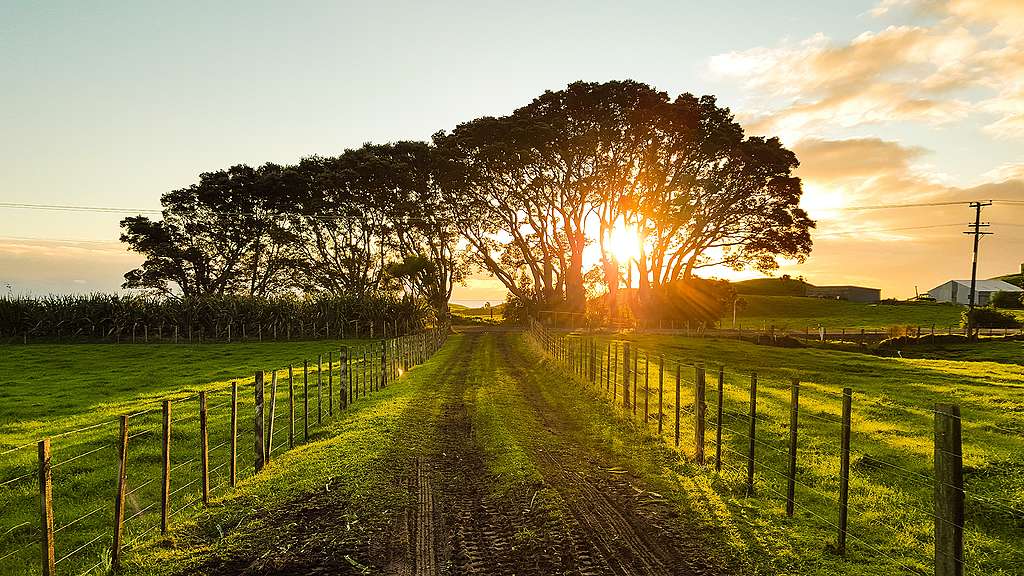
Call on Christopher Luxon to set up a billion dollar fund to transition New Zealand away from industrial to regenerative agriculture.
Take Action
